ANALYSIS: Brussels Brings Carrots—With Conditions. Can Moldova Turn EU Promises Into Farm Profits and Safer Pipelines?
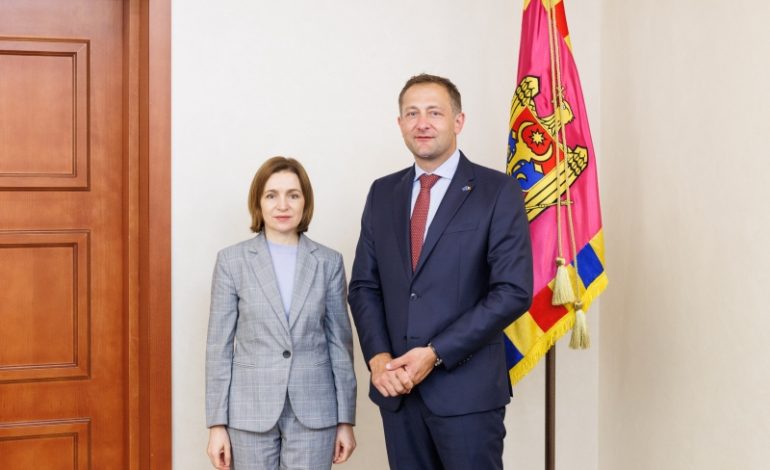
The European Union showed up in Moldova with upbeat talk and open doors. But as ever, the keys come with conditions.
On a two-day swing through the country (Sept. 1–2), European Commissioner for Agriculture and Food Christophe Hansen sat down with President Maia Sandu to pitch a familiar bargain: modernize your farms, align your rules, and we’ll help your produce move on European shelves. The agenda was classic accession-track stuff—climate adaptation, ag modernization, and market access—and it landed just weeks before Moldova’s Sept. 28 parliamentary elections.
“Agriculture is not just a source of food but also a driver of sustainable development,” Hansen said, calling the EU a “steadfast partner.”
Partnership is welcome. But partnership, Brussels-style, means standards—on pesticide use, safety, and a battery of technical rules that large exporters handle with compliance teams and smallholders meet with notebooks and hope. That is the tension at the heart of Moldova’s rural transition.
What the EU wants? Align with European legislation; prove residue limits and traceability; upgrade irrigation and storage; show resilience to droughts and freak storms. Hansen’s field visits—to a fruit exporter, a small winery, a dairy plant, and an EU-backed irrigation rehab in Criuleni—send a clear signal about where Brussels sees Moldova’s comparative advantages.
The catch? Compliance isn’t free. Meeting EU pesticide rules and food-safety protocols means lab capacity, farm advisory services, cold chain investments, and tighter on-farm record-keeping. The export-ready few can do that next quarter; the smallholder many need time, money, and hand-holding. Without real financing—grants, concessional loans, technical assistance—“open markets” can sound like “open season” on the least capitalized producers.
Arriving in a campaign month, the visit will be read as validation for Sandu’s European path. That helps with momentum. It also raises expectations that the benefits (better prices, steadier buyers) show up in months, not years.
While the cameras followed the agriculture tour, Chisinau moved on a different backbone of the economy: gas distribution. Moldova has 25,800 km of pipes built over decades by a patchwork of state entities, private firms, local communities—and no one, in law, owns parts of it.
- Roughly 35% is owned by gas companies.
- 60%+ is maintained by distribution system operators.
- About 4.4% is effectively ownerless, still being run under minimum safety standards.
Ownerless means no legal right to invest, modernize, or depreciate assets—so you get exactly what you’d expect: slow decay and high risk. With Soros Foundation Moldova funding, the government drafted a management concept and will pilot it in one rural and one urban locality, then scale it nationwide. Energy Minister Dorin Junghietu’s promise—“clear rules: who manages, who invests, who is responsible”—is the kind of boring governance that actually keeps people warm in January.
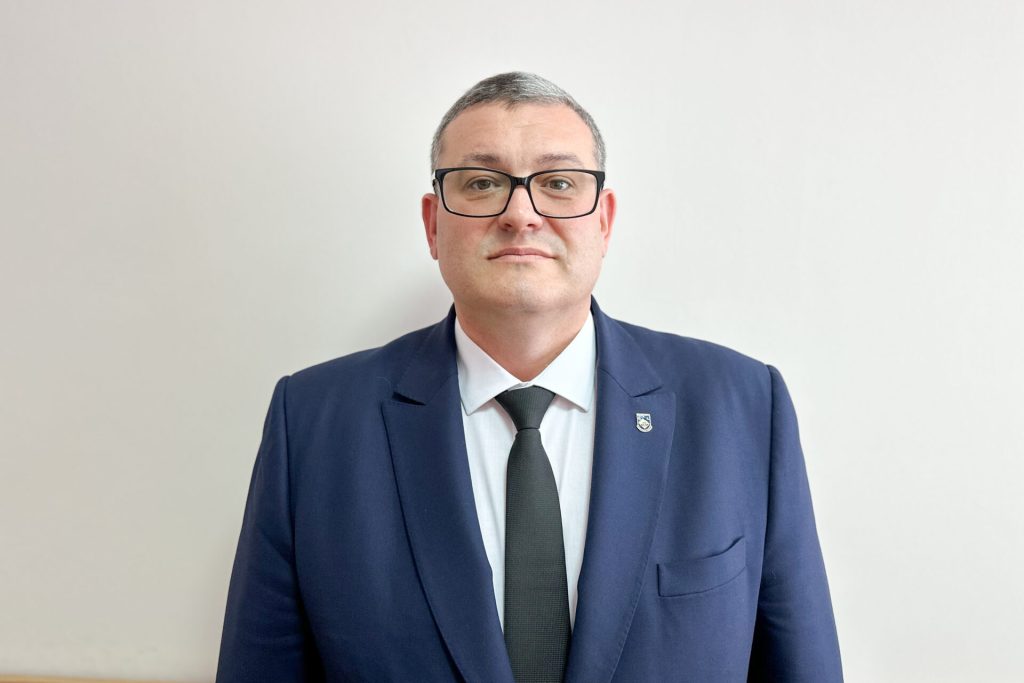
Why this matters to Brussels and farmers alike? Unclear asset ownership blocks capital. Blocked capital means fewer upgrades, more leaks, and higher system losses—costs that ripple into food processing, cold storage, and household bills. If Moldova wants chilled exports and competitive dairy, it needs utilities that banks will finance.
There’s also movement on the rule-of-law front. Marcel Dumbravan has taken over as chief prosecutor of the Anti-Corruption Prosecutor’s Office, with all the right promises from the podium: independence, integrity, visible results. Prosecutor General Alexandru Machidon and CSP president Dumitru Obada pledged institutional support.
Why it’s not just optics: EU market access and investment decisions don’t happen in a vacuum. Exporters and lenders check how disputes get resolved and who can lean on whom. If Dumbravan’s team can move major cases and protect investigators, it lowers the perceived risk premium on everything from packing-house loans to irrigation concessions.
Now Moldova faces three tests it should pass over the next 6–12 months:
- Standards without casualties
Can the government roll out pesticide and food-safety alignment with transitional help—vouchers for testing, mobile labs, advisory services—so smallholders aren’t collateral damage while big players sprint ahead? - Pipes with owners
Does the gas-network pilot quickly translate into a national inventory and legal regularization so operators can invest? Watch for the first capex plans tied to newly clarified assets—and whether “ownerless” goes to state stewardship or regulated concessions. - Cases, not quotes
The anti-corruption chief will be judged on indictments and convictions, not speeches. Early, well-documented cases—especially around public procurement and utilities—would send a market-moving signal.
Brussels brought carrots—market access, money for irrigation, and political validation. Chisinau brought commitments—to raise farm standards, fix the gas grid’s legal gray zones, and stiffen anti-corruption enforcement. The strategy is coherent: cleaner institutions, clearer ownership, and compliant farms equal higher-value exports.
The risk is sequencing. If compliance costs bite before support lands, if pipes remain ownerless another winter, if anti-corruption is more press conference than prosecution, the European promise curdles into rural skepticism.
Moldova doesn’t need miracles this fall. It needs a few visible wins—a functioning irrigation scheme paying off in yields, a pilot network with a real owner and a funded upgrade plan, and a corruption case that sticks. Do that, and the agriculture photo-ops start to look like policy that works.
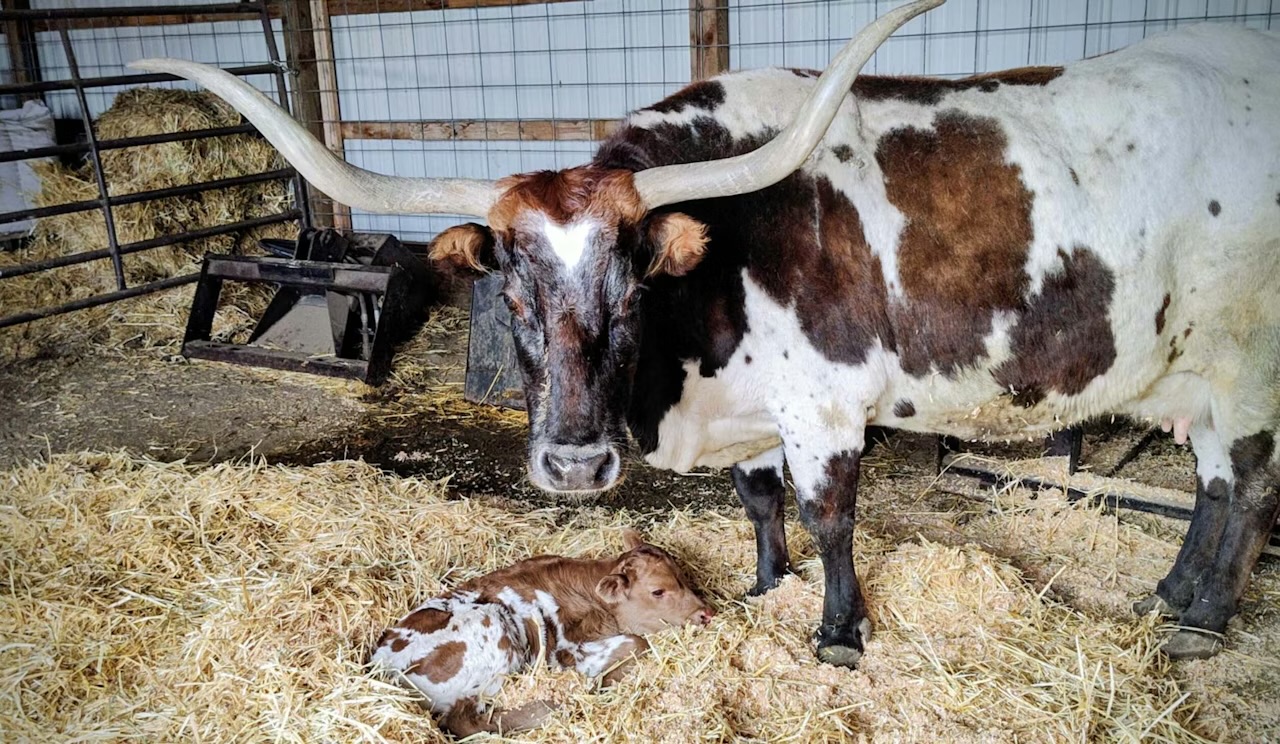
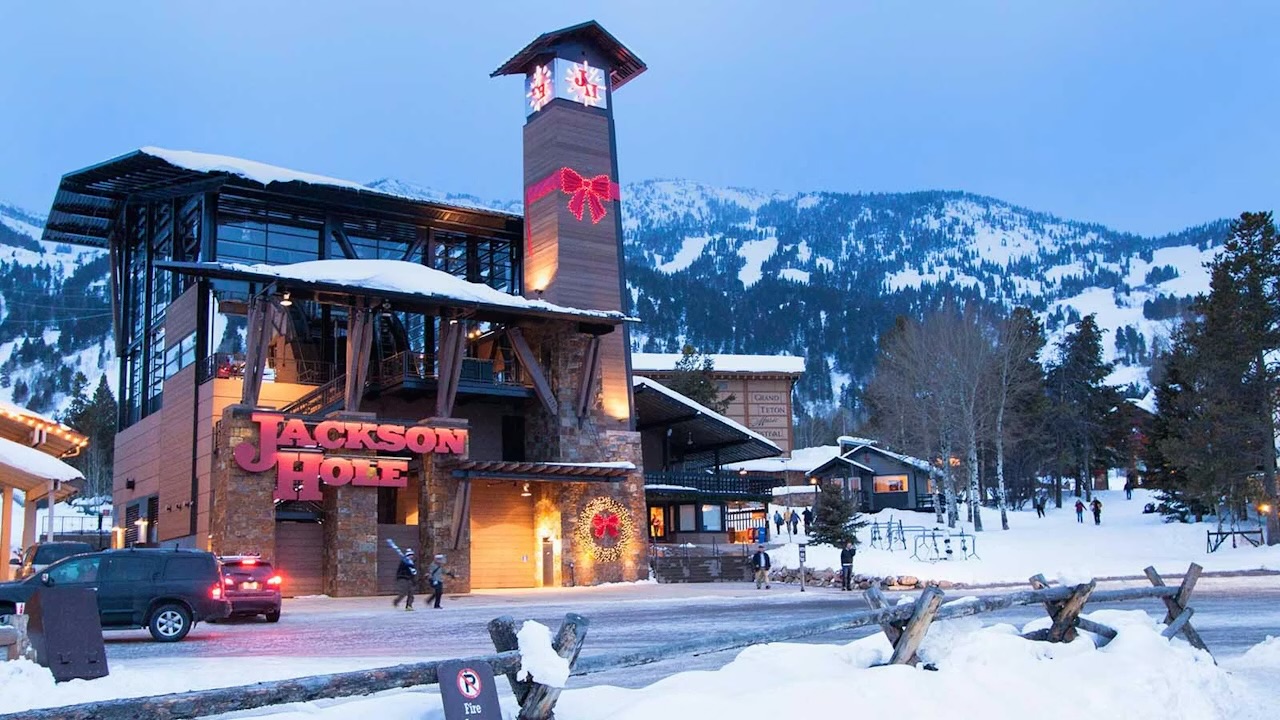
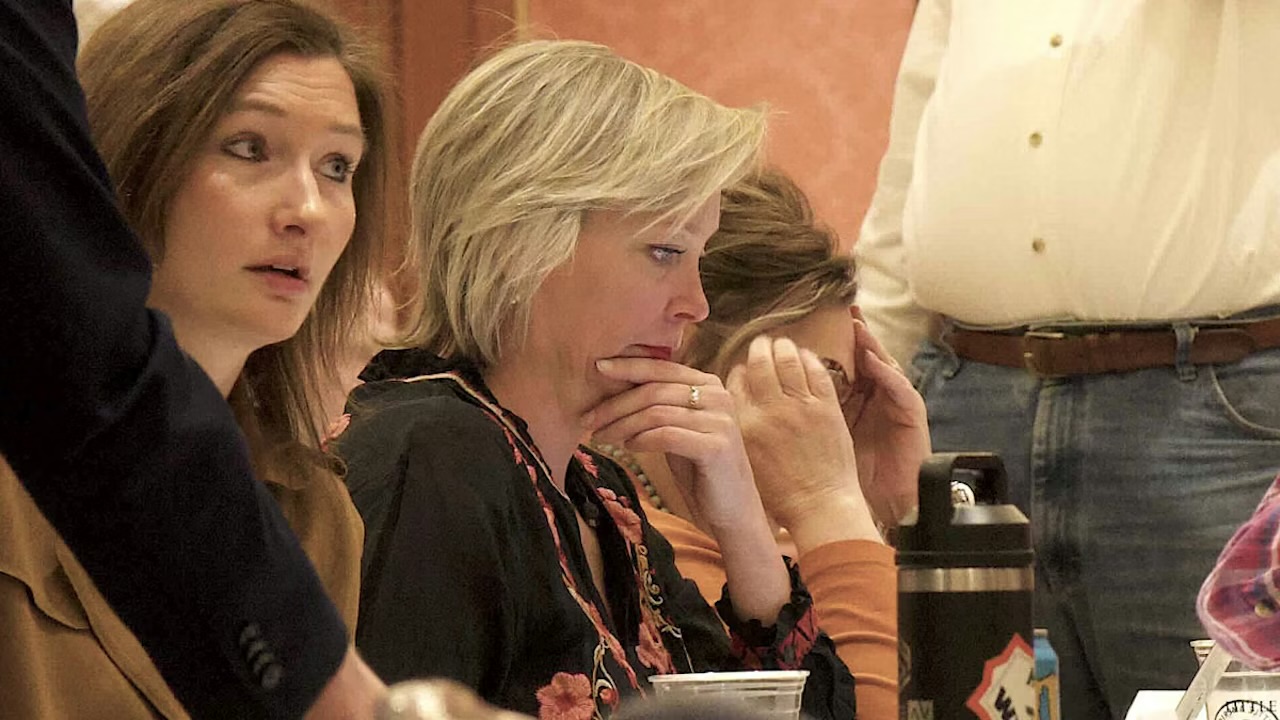






The latest news in your social feeds
Subscribe to our social media platforms to stay tuned